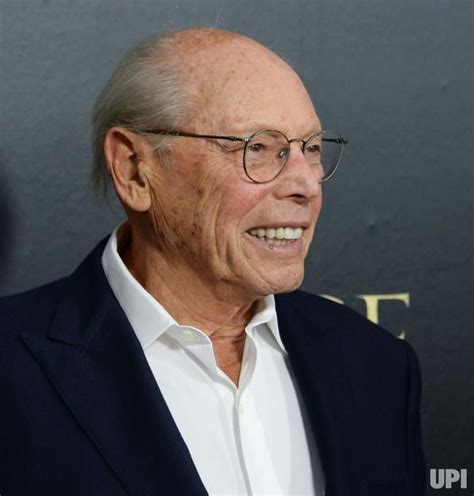A Quote by Matt Ross
The foreign audiences are somewhat surprised and happy to find an American film that asks questions about American culture. There's a certain kind of cultural imperialism that we practice. Our films penetrate every market in the world. I have seen and have had people reflect to me, maybe not in so many words or specifically, but I get the subtext of it - they're somewhat charmed and surprised and happy to see an American film reflect on our culture. Because they see other cultures reflect on our culture but they don't see US culture reflecting on itself in quite the same way.
Quote Topics
About
American
American Culture
American Film
Asks
Audiences
Because
Certain
Charmed
Cultural
Culture
Cultures
Every
Film
Films
Find
Foreign
Get
Had
Happy
Imperialism
Itself
Kind
Many
Market
Maybe
Me
Other
Other Cultures
Our
Penetrate
People
Practice
Questions
Quite
Reflect
Reflecting
Same
See
Seen
Somewhat
Specifically
Subtext
Surprised
Us
Way
Words
World
Related Quotes
Lincoln is such an iconic figure in American history. He seems to reflect so many elements of American culture that we consider essential, whether it's the self-made man, the frontier hero, the politician who tries to act in a moral way as well as in a political way, Honest Abe. His career raises these questions that are still with us, the power of the federal government vis-à-vis the states, the question of race in American life, can we be a society of equals? There are so many issues central to Lincoln's career that are still part of our society one hundred and fifty years later.
I would say my being disheartened has more to do with American culture than anything else. We are becoming a very shallow culture. My goodness, the celebrity ethos has taken over completely. Turn on the television and you see that over and over. There's very little substance. And so, everything gets shorter. Everything is entertainment oriented. Our churches reflect that. A thirty-five minute sermon without a Power Point or video clips is rare these days. That's not true in other countries so much.
Our attitude toward our own culture has recently been characterized by two qualities, braggadocio and petulance. Braggadocio - empty boasting of American power, American virtue, American know-how - has dominated our foreign relations now for some decades. Here at home - within the family, so to speak - our attitude to our culture expresses a superficially different spirit, the spirit of petulance. Never before, perhaps, has a culture been so fragmented into groups, each full of its own virtue, each annoyed and irritated at the others.
I've never left my culture. I've left my country, but I've not left my culture. In the same way, you shouldn't be worried why George Lucas is going to the outer galaxy to make a movie. He's still making a film within his culture; he's making an American film. I go to Thailand or the Peruvian jungle, the Amazon, and I still make Bavarian films.
I’ve always thought that if comics are a part of pop culture [then] they should reflect pop culture, but a lot of the time comics, superhero comics especially, just feed on themselves. For me, comics should take from every bit of pop culture that they can; they’ve got the same DNA as music and film and TV and fashion and all of these things.
In terms of morality, we can be very narrowly focused. So convinced of our point of view and righteousness, and it just doesn't allow for circumstance or other people's points of view. It's very comforting because you don't have to self-reflect, you just are. There's a strain of that in American culture.




































